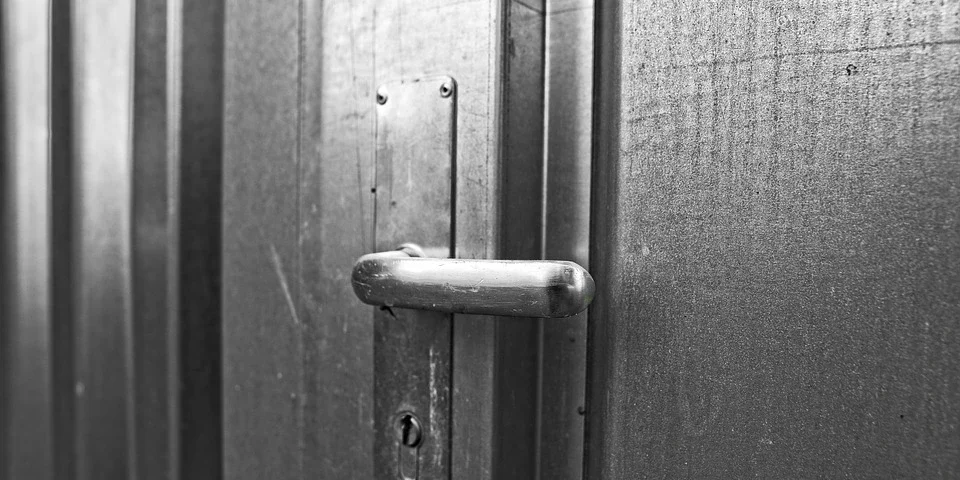Eviction can be defined as the unpleasant experience in which one party experiences injustice and oppression. Tenants must be aware of their rights to protect themselves from any unfair eviction. This blog will highlight the tenant’s legal rights and what steps they could take if they are forcefully evicted.
In 2023, 25,282 cases were filed in England and Wales regarding the eviction of the property. This represents 20% of all claims made which led to eviction. According to statistics provided by the UK government, there are 13 eviction claims per 1000 households in the private rented sector.
What is Eviction?
According to the UK government, eviction is a legal process in which the landlord repossesses the property from the tenant (Gov. UK). The UK government provides guidelines that the landlords must follow during the regain procession of the property. The eviction process could be due to the breach of the terms of the contract by the lessee such as payment of rent on time or it violates the rental terms. However, some evictions are unlawful or illegal the blog has discussed such illegal actions by the owner against the tenants.
What Constitutes an Unfair Eviction?
In these situations, the eviction process is referred to as unfair and unlawful:
- Improper Notice
According to section 21, the landlord must provide a two-month notice in advance before the eviction process. The notice should compile the regulatory compliance given in Form 6A.
According to section 21, the Notice would be considered void if the landlord does not provide the tenant with the documents related to the Energy Performance Certificate (EPC) or valid gas safety certificate. UK law protects the tenants that they should be fully informed of their rights and responsibilities.
- Retaliatory Eviction
It has been noticed that landlords served notice to tenants when they reported complaints regarding the maintenance of property, to protect the tenant’s rights in 2015 Deregulation Act was introduced. According to the Deregulation Act of 2015, a landlord cannot serve an eviction notice if the tenant filed a complaint in the council regarding the maintenance of the property and based on the complaint the council has served an improvement notice or emergency remedial actions within the last six months.
- Discrimination
The Equity Act of 2010 protects the tenants from any discrimination based on race, gender, color, or religion. The eviction notice could be challenged in court if the tenant proves that the landlord served this notice due to discrimination.
- Deposit Protection Rules
To protect the tenant deposit and adhere to legal requirements the landlord is compiled to place the tenant deposit in the government-approved tenancy deposit schemas (TDS) within 30 days of the receipt. The landlord could not serve a valid section 21 notice if it failed to adhere to the rule of depositing the amount in TDS.
- Harassment or illegal eviction
According to the Eviction Act of 1977, the landlord cannot perform any activity which falls under harassment or illegal eviction such as cutting off utilities, changing or entering into the property without the tenant’s permission.
- Misappropriation of Section 21 Notice
Section 21 could not be served in the fixed term of tenancy or the first four months of the agreement unless the tenants violated any clause of the covenant.
Steps to be taken if you face unfair Eviction
These steps should be taken if the tenants face an unfair eviction
- Review Eviction Notice
The first step is to verify the legality of the notice such as whether it correctly used section 21 and section 8. For example, section 21 states that an eviction notice should be provided two months in advance and section 8 ensures that the landlord provides proper guidance to the tenants.
- Seek Legal Advice
The UK government provides free legal assistance services which provide legal support to the tenants during the eviction process.
- Seek Emergency Housing Support
The local council can assist as well as arrange temporary accommodations. The Homelessness Reduction Act 2017 ensures to assist anyone threatened with homelessness within 56 days.
For further advice please get in touch with our team today by calling 020 8538 0182 or +44 7857 809932, or you can email us on [email protected].
Please note these blogs are to enhance your knowledge and are not tailored advice, for specific advice please get in touch with our outstanding team.



